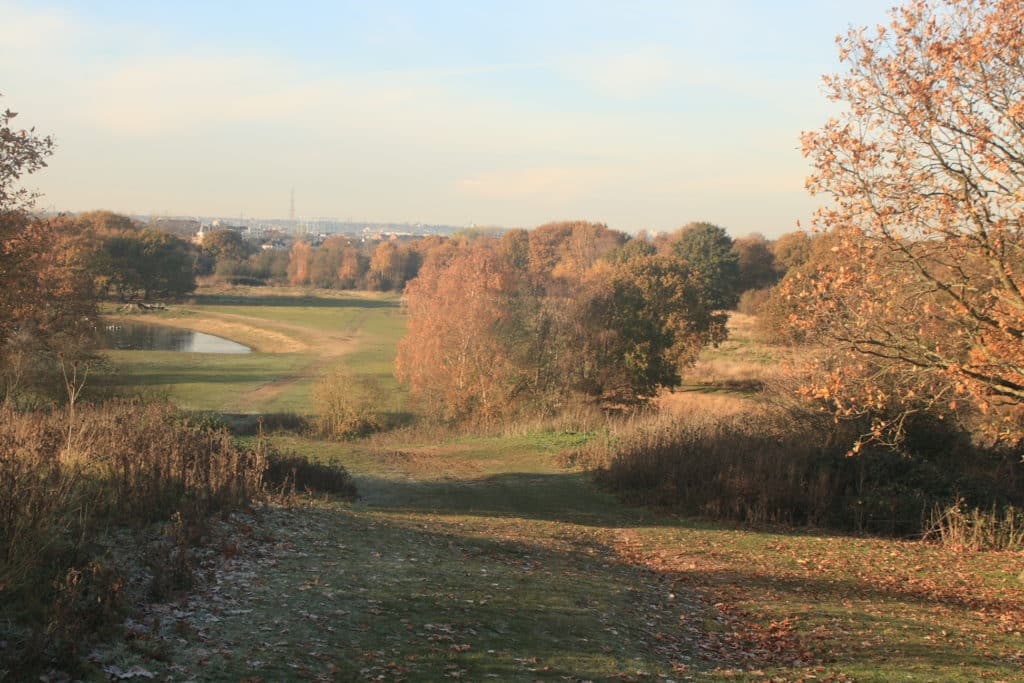GiGL’s Board of Directors are central to our work and our success. Their commitment and expertise helps guide GiGL and keeps us moving forward and developing. Directors are on the front line of biodiversity and open space work in the capital. They are GiGL service users and contribute information to our database, as well as serving as ambassadors for GiGL.
Cam joined GiGL’s Board in October 2022. As well as being a GiGL company director, Cam is senior policy advisor at the Green Alliance.
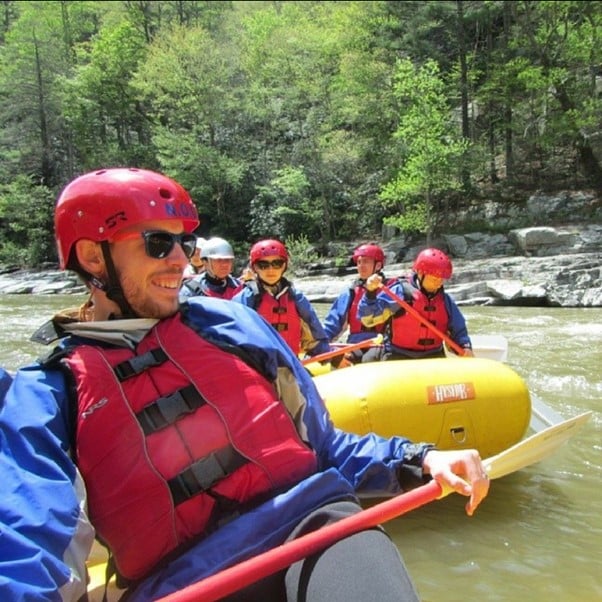
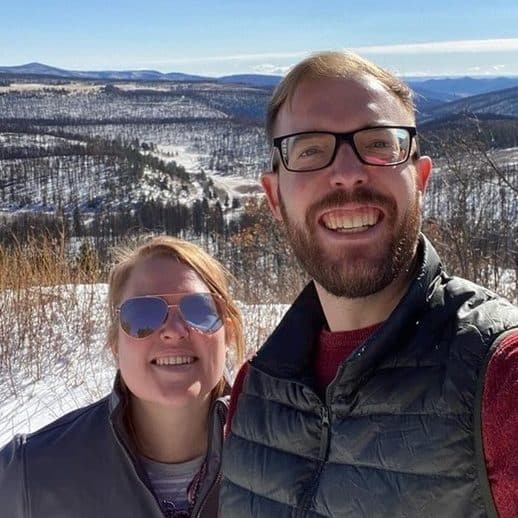
- Town or countryside?
This is a hard one! Basically, I would live in a cabin in the woods if it weren’t for the fact that most good music venues are in the middle of a city.
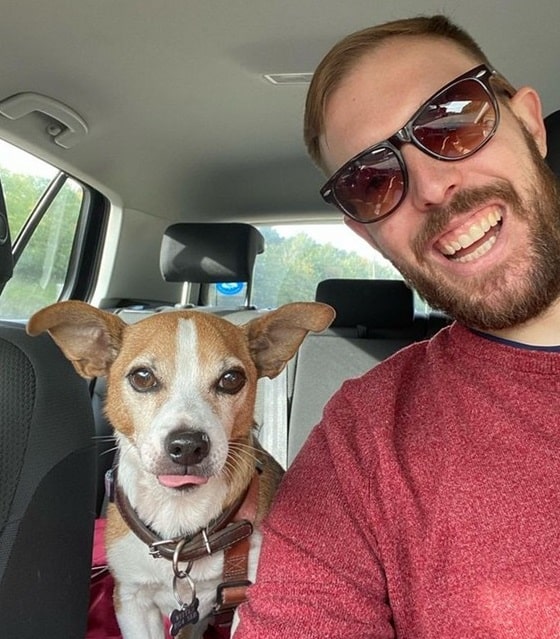
- Summer or winter?
Definitely winter, I’m not built for the heat! I love snow and all snow related activities. I love a British beach though because you can usually still wear a jumper.
- Early bird or night owl?
Night owl, although I do love an early start if I’m off to somewhere exciting.
- Outdoor or indoors?
Outdoors! Not that you’d notice given how much time I spend in front of a computer…
- Plants or animals?
Animals, I’ve got three running around my house as proof!
- What species is closest to your heart and why?
Other than dogs? Quaking aspen have a special place in my heart because of how much time I spent in northern New Mexico and western Colorado. Being in an aspen grove on a sunny day in autumn is hard to beat.
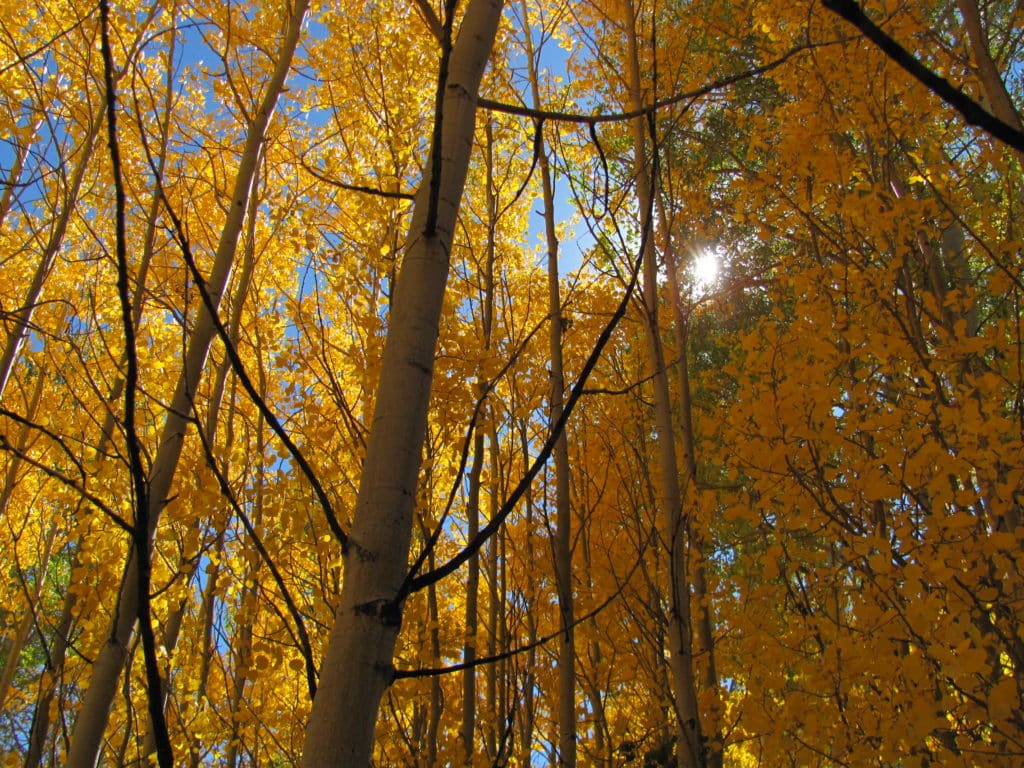
- What is your favourite Greater London open space and why?
I’m biased because it’s also the closest one to me, but I love Mitcham Common. It’s so wild compared to most green spaces in London, you can almost forget you’re in a city.

- Who or what inspires you?
Music, astrophysics, and the environment. I mean, is anyone not inspired by space? Really anyone who is passionate about what they do is inspiring to me, its infectious listening to someone talk about something they love.
- What might someone be surprised to learn about you?
People generally seem surprised when they learn my music tastes. Clearly I must give off a jazz/jam band vibe (not that I mind a bit of Dave Brubeck), but my happy place is a trance rave or a metal mosh pit.
- How did you first get involved with / hear about GiGL?
I met our treasurer, Aman, through my wife when they were at business school together. If you’ve met Aman, you know what a joy she is to be around, so of course when she said there was a spot open I jumped at the opportunity!
- What past experiences will you draw upon in your work for the GiGL Board?
Hopefully, there are quite a few areas I can draw from for this role. My career background is predominantly in landscape conservation, from working on wilderness protection in the US, to working for National Parks England. I’ve also got a fair amount of experience in outdoor education and UK planning policy to draw from. And I’ve had a decent amount of GIS experience in previous roles and from my master’s programme. So, I’m hoping to be able to contribute both from a technical and policy perspective.
- What do you think are the biggest challenges and opportunities for biodiversity in Greater London? What future role do you see for GiGL and other Local Environmental Records Centres (LERCs)?
I know there are, and will continue to be, huge pressures on greenspace from several directions. Of course, Greater London greenspaces face their own unique set of pressures, from air pollution to housing demand to public pressure for access to the outdoors. One thing I know to be true is the strength of feeling people have about their patch. This cuts both ways of course, and there are times where conservationism starts to look a lot like nimbyism. But I know how important greenspace and access to the outdoors are for all of us and for our communities to thrive. I see LERCs playing a vital role as both stewards and educators. The data and the places we look after are so much more than the sum of their parts. They’re the lifeblood of a greener, healthier, and happier London, and a London that is doing its bit to tackle the twin challenges of climate change and biodiversity loss.
